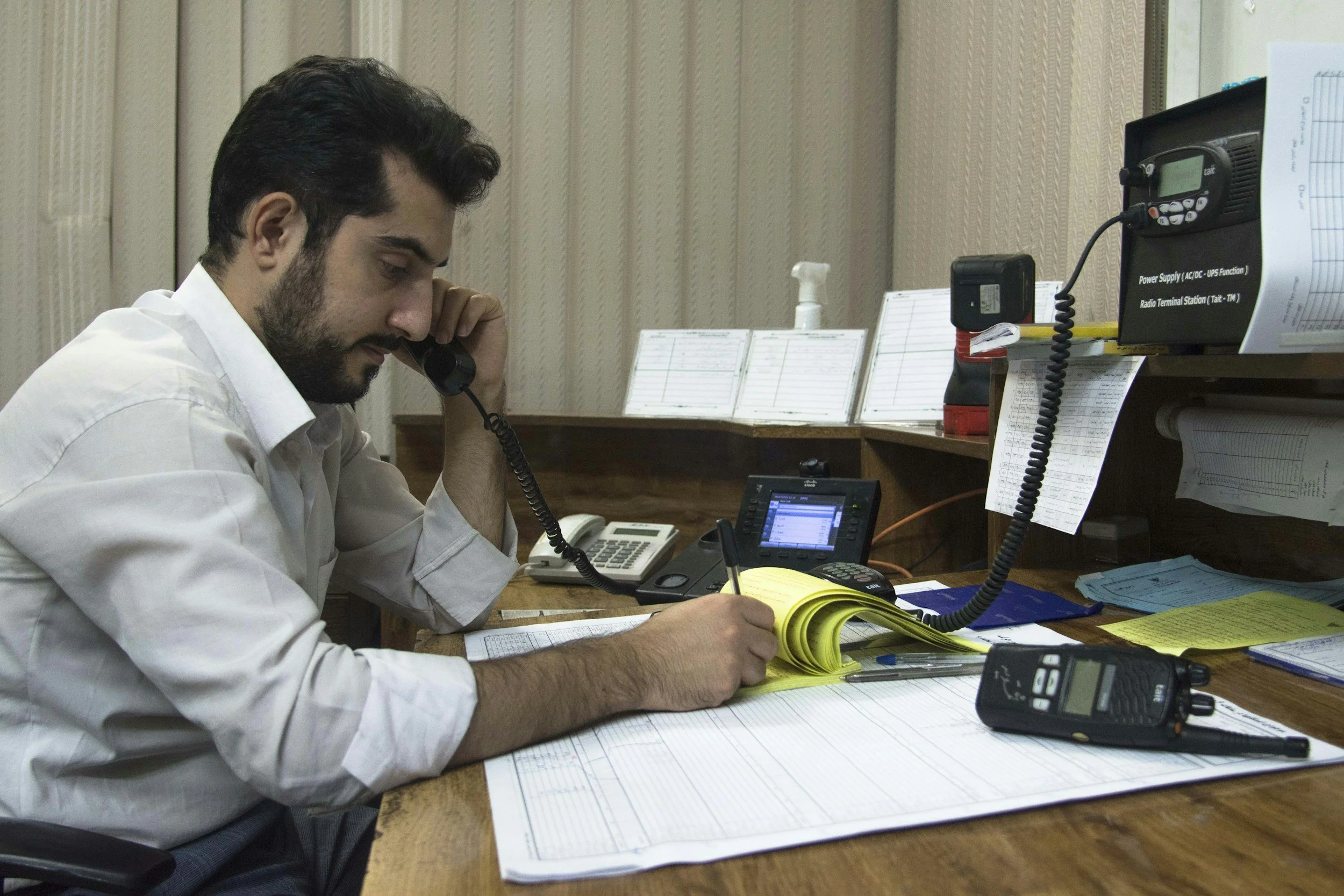
Forensic Accounting and High Asset Divorces
In divorce cases involving more complex financial situations, a forensic accountant often becomes involved, along with seasoned high-asset divorce attorneys and other specialized financial professionals.
Understanding the role of forensic accounting in high-asset divorce cases could help you determine how these experts assist in navigating the legal process.
What is a Forensic Accountant?
Forensic accountants are financial experts who conduct accounting, investigations, and audits to thoroughly assess an individual or entity's finances. More specifically, they are Certified Public Accountants (CPAs) who may work with attorneys, law enforcement agencies, insurance companies, and banks or other financial institutions to look for relevant legal evidence. In the case of a high-asset divorce in Owings Mills, forensic accountants are used to identify all marital assets.
What Is the Role of Forensic Accounting in High-Asset Divorce Cases?
Forensic accountants are integral to the divorce process in many cases, ensuring that no assets remain hidden or overlooked at any point during proceedings. The following are some of the main functions of forensic accounting in high-asset divorce cases in Owings Mills:
Identifying Hidden Income and Wealth
Forensic accountants may use multiple methods to identify any hidden wealth or income that a party might conceal during divorce. For example, a former spouse may attempt to hide assets in offshore accounts abroad or attempt to delay payouts until divorce proceedings end. Individuals may also try to avoid reporting personal belongings such as art collections.
Business and Financial Interest Valuation
Many divorce cases also involve business interests, with assets pertaining to businesses, professional practices, or partnerships. With the help of forensic accounting, it is possible to evaluate these practices to determine a spouse's business ownership and compensate the other spouse accordingly after divorce. This process is often complicated and involves multiple steps, including:
Examining financial statements, such as balance sheets and statements
Projecting the business interest's potential future income
Comparing the business interest against the current market value
Valuing goodwill, separating personal from enterprise goodwill
In addition to these tasks, a forensic accountant may be able to advise high-asset individuals of financial liabilities, calculate spousal support and child support payments, and serve as an expert witness in divorce court or a deposition.
How Can an Attorney Help With Forensic Accounting in High-Asset Divorce Cases?
Working with a forensic accountant could ensure that a lawyer’s client understands all of the documentation and processes that apply to their financials. When collaborating with a forensic accountant, an Owings Mills attorney could help identify any hidden assets, analyze financial data, and advocate on the client's behalf to facilitate the fair division of all assets and debts.
Get Connected with a Family Law Attorney in Owings Mills or Baltimore Today
Learn the Role of Forensic Accounting in High-Asset Divorce Cases with an Attorney
Knowing the role of forensic accounting in high-asset divorce cases could give you a better idea of what to expect during the entire divorce process. To further keep the process smooth and receive guidance to successfully navigate your divorce, consider hiring an attorney with experience handling high-asset divorce cases.
Contact Nguyen Roche Sutton today to discuss potential representation throughout divorce proceedings or receive help with other aspects of family law.
